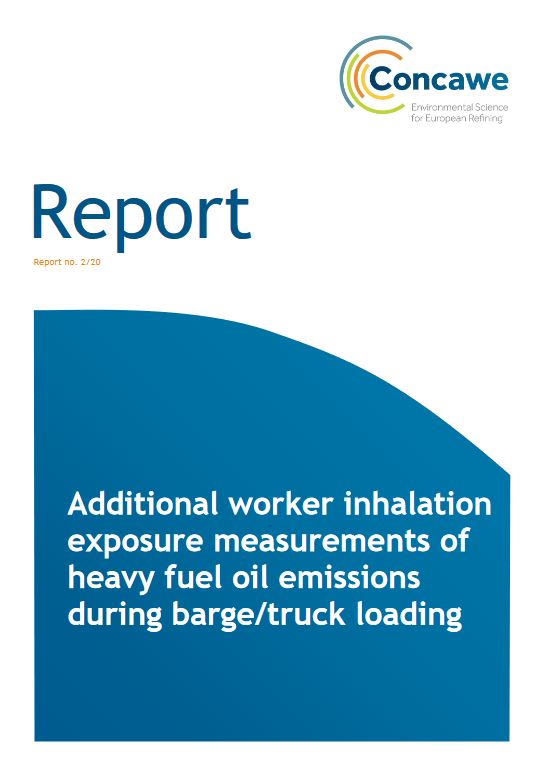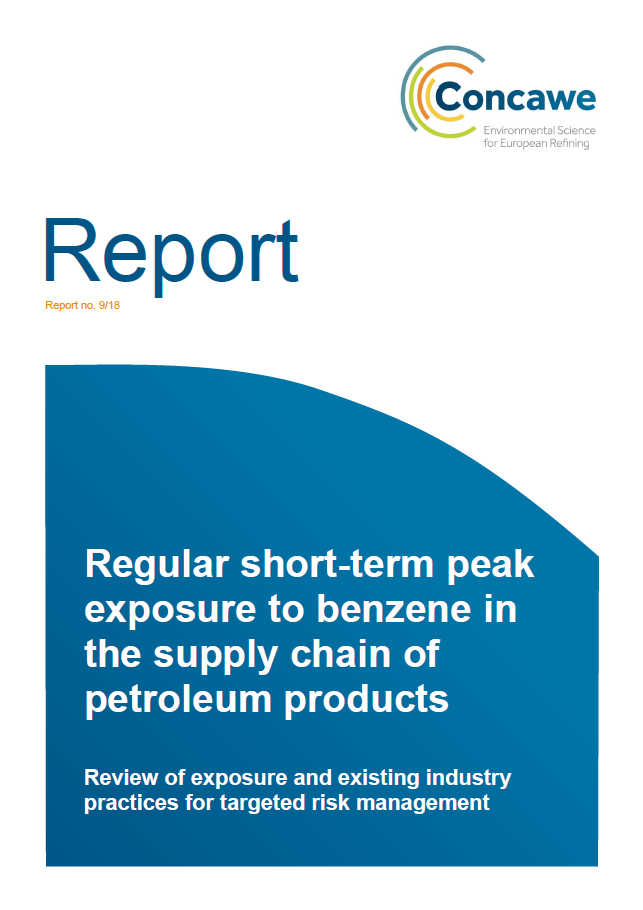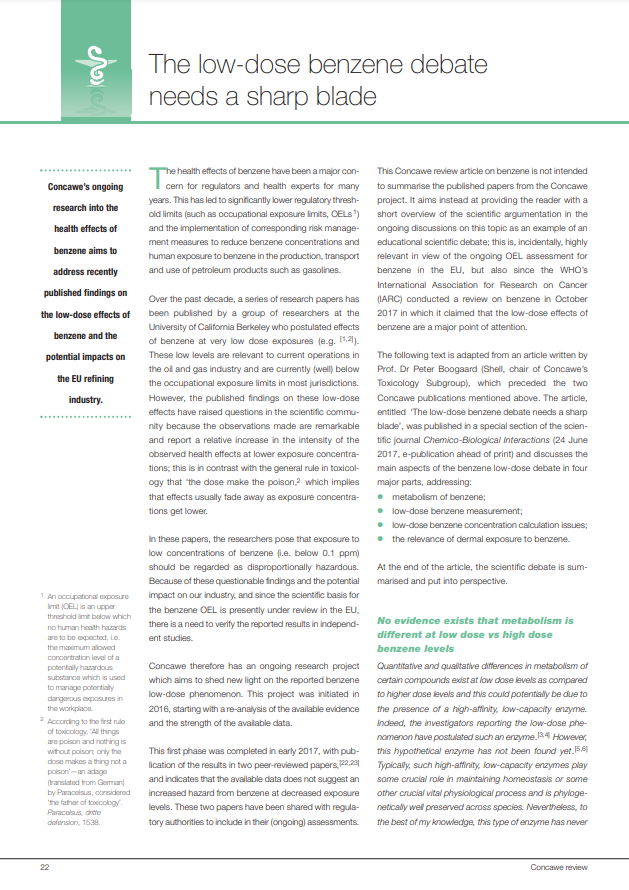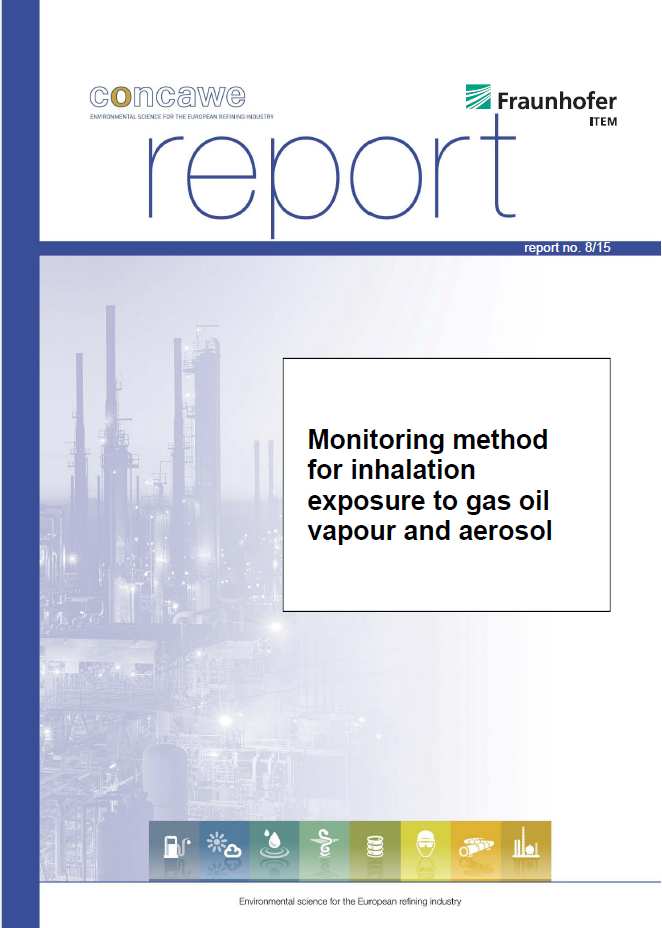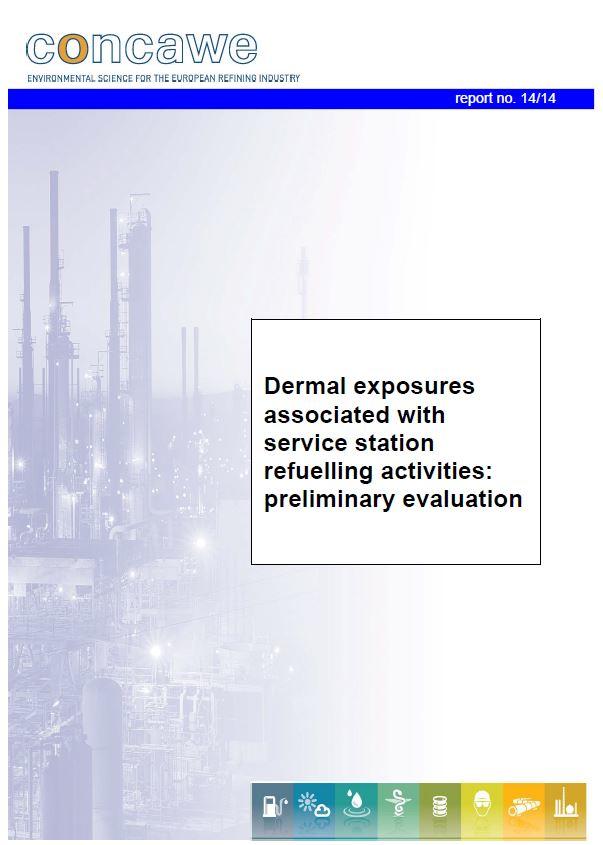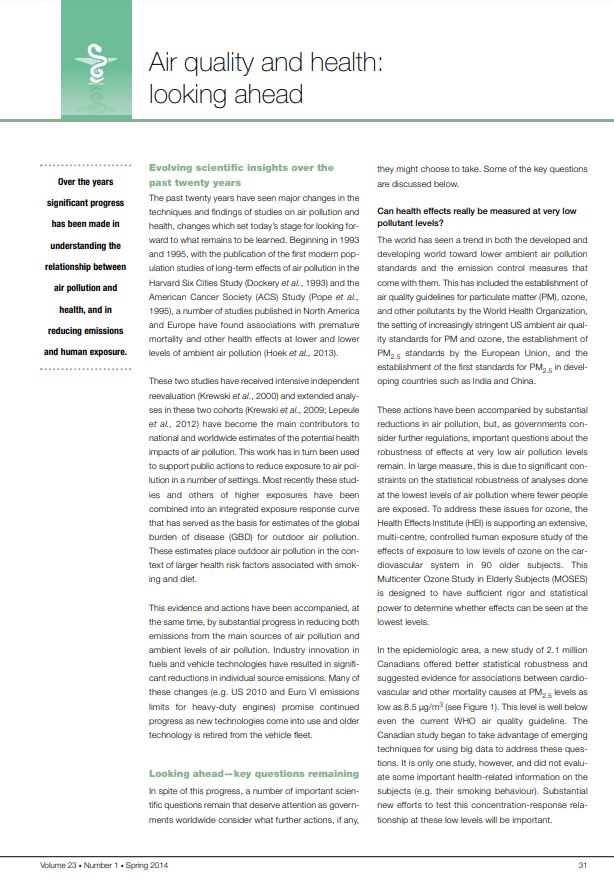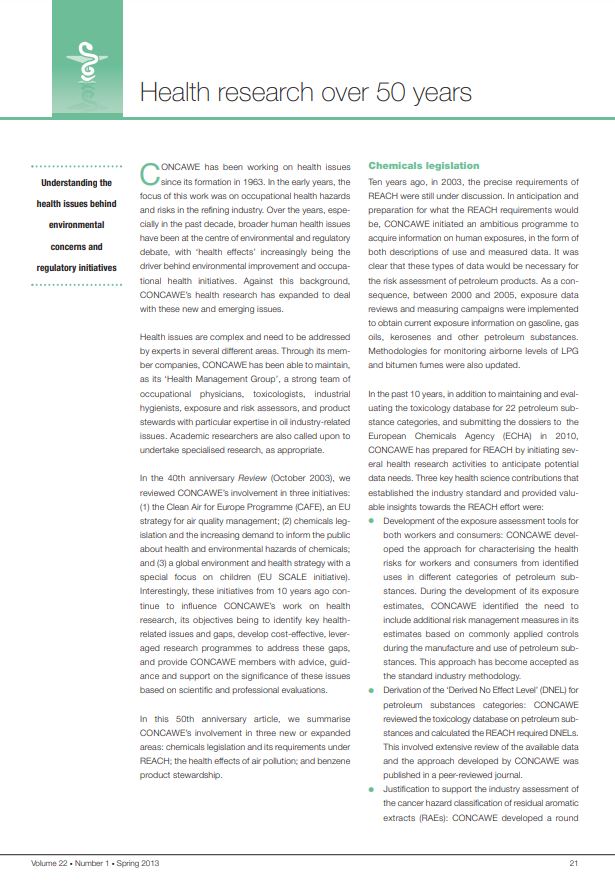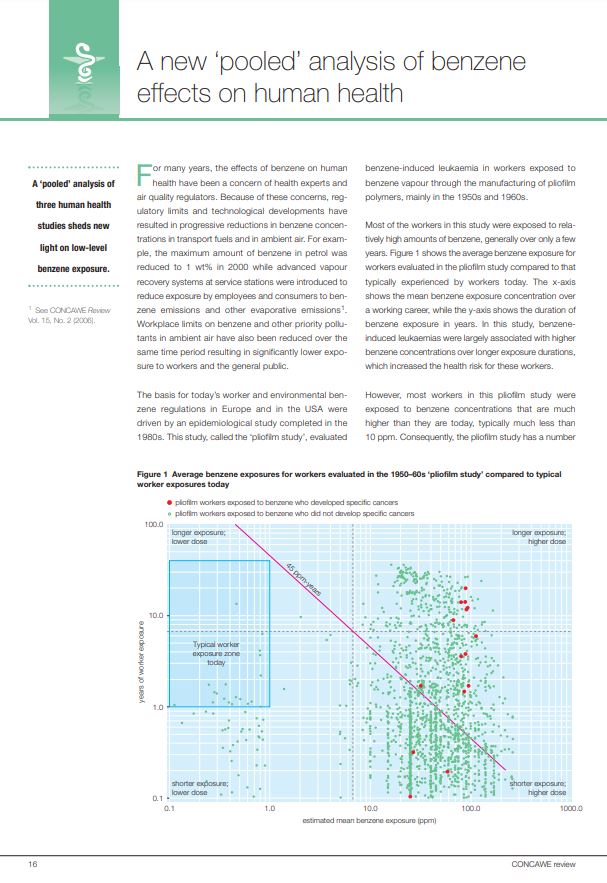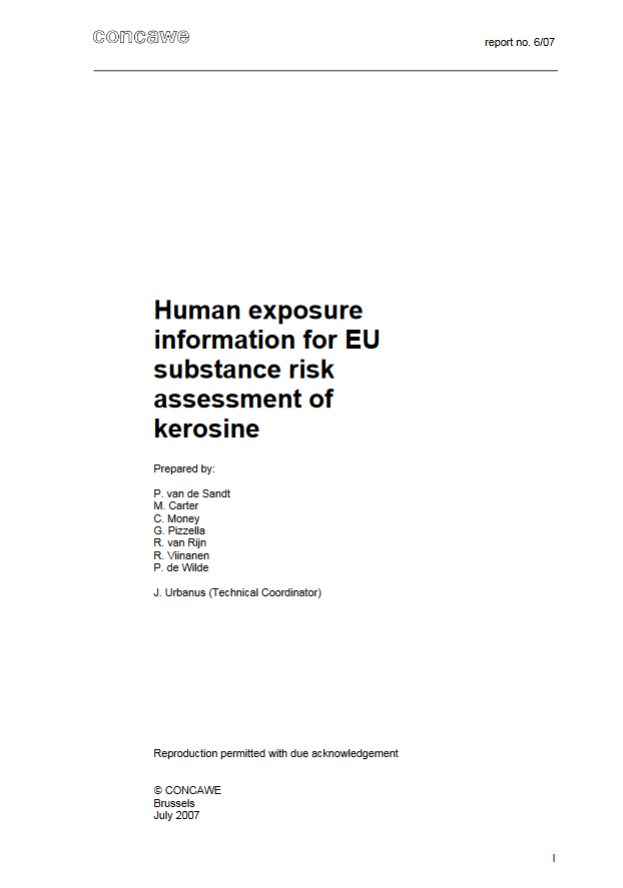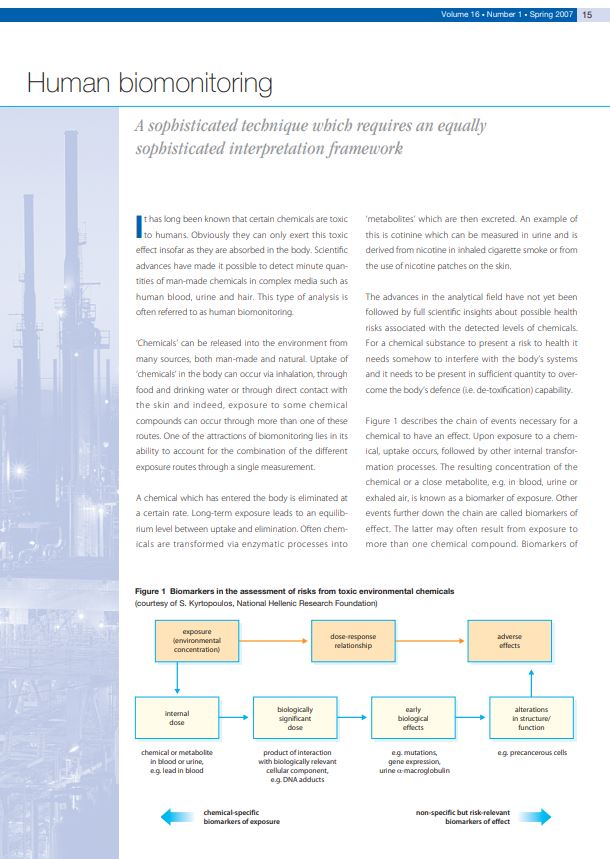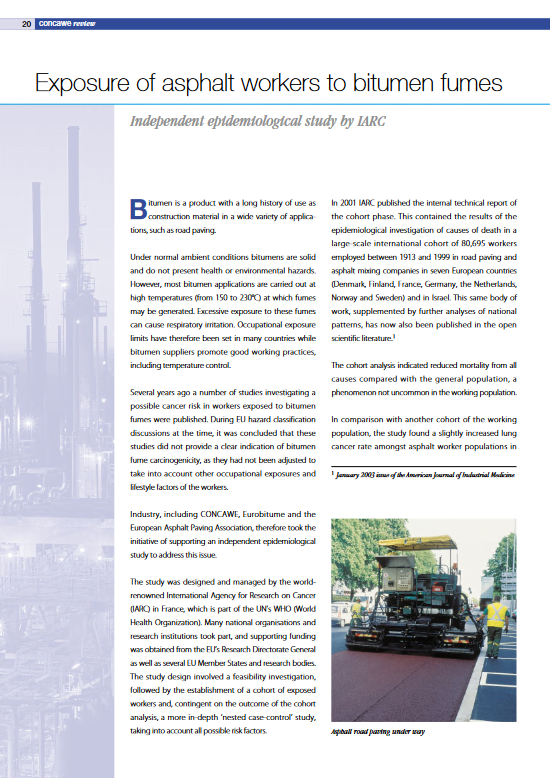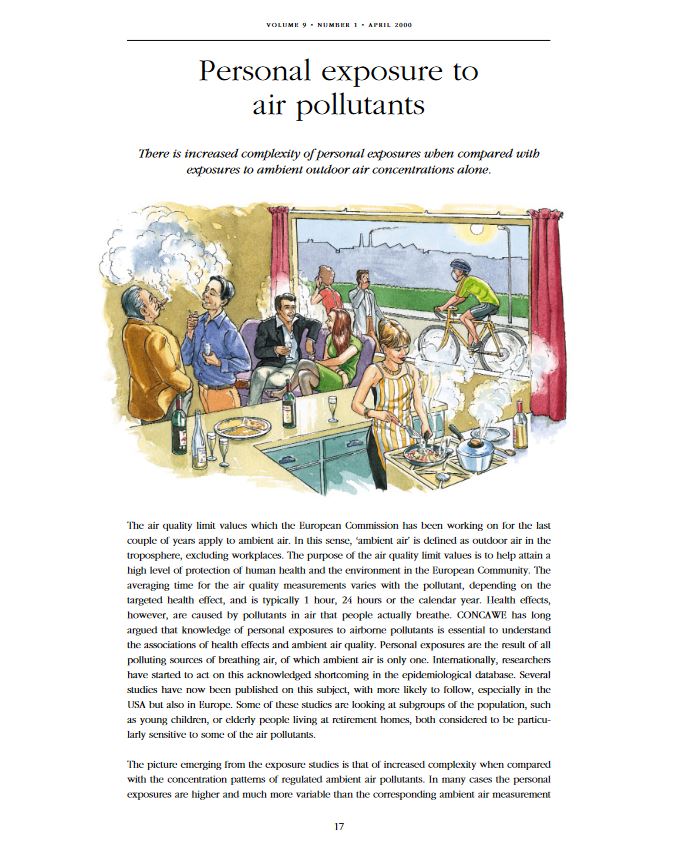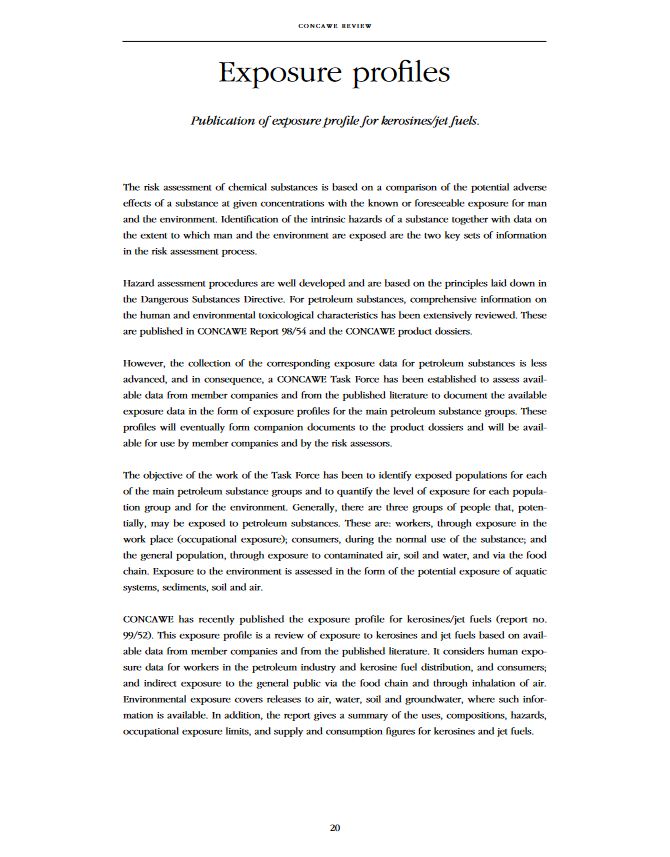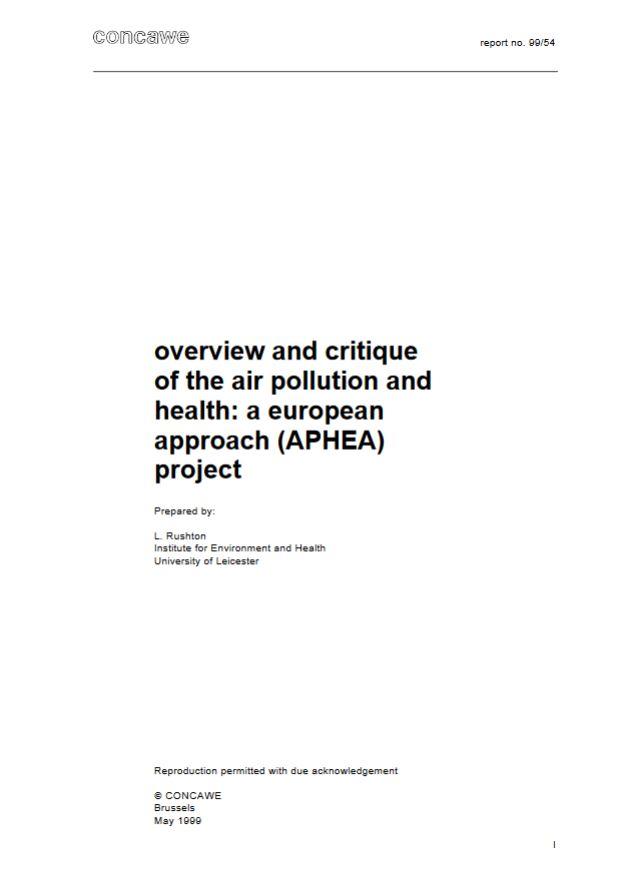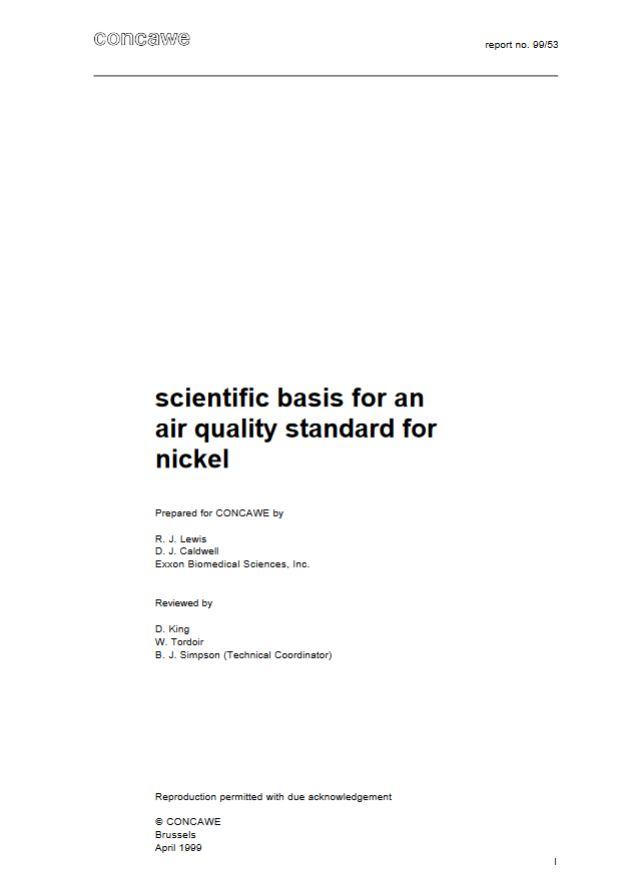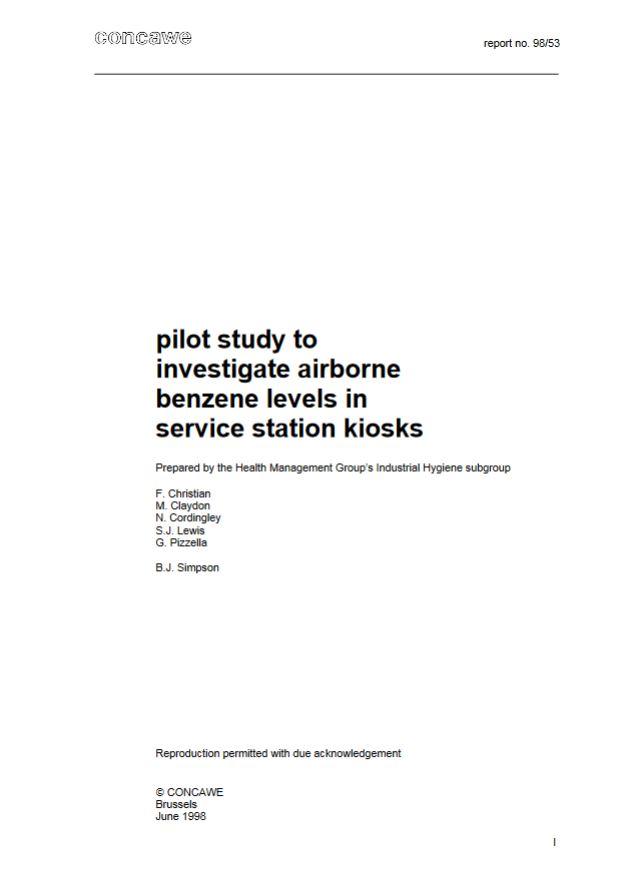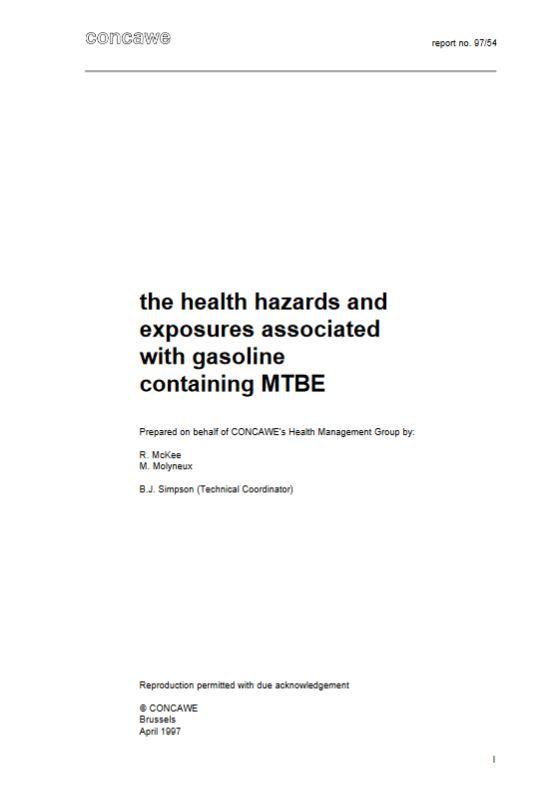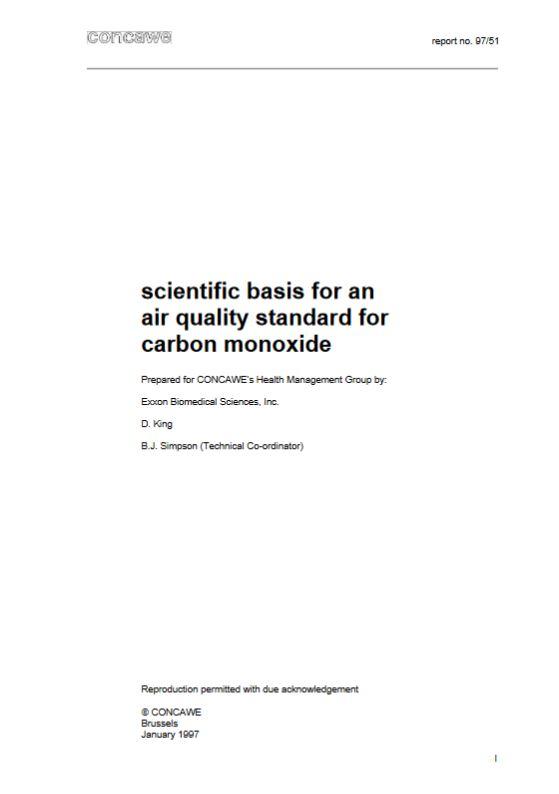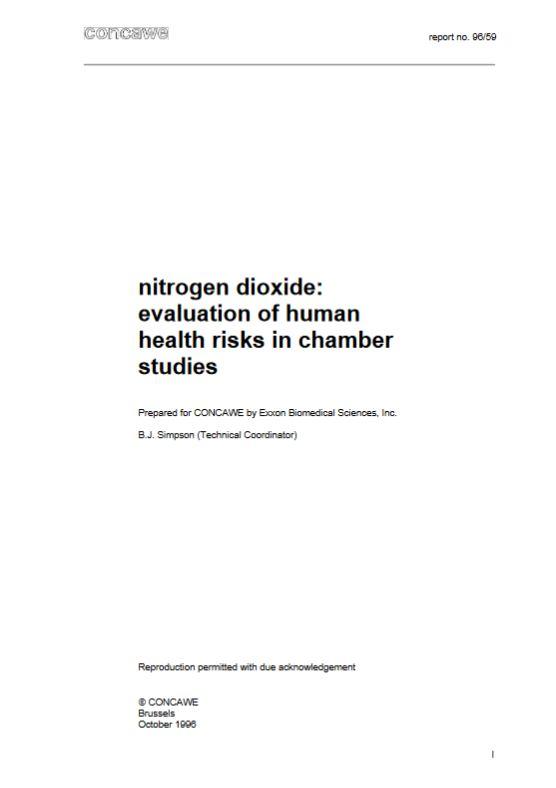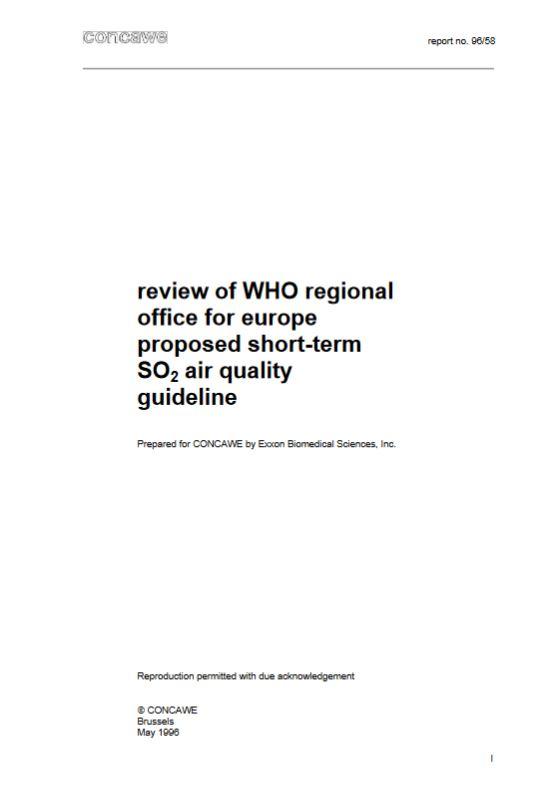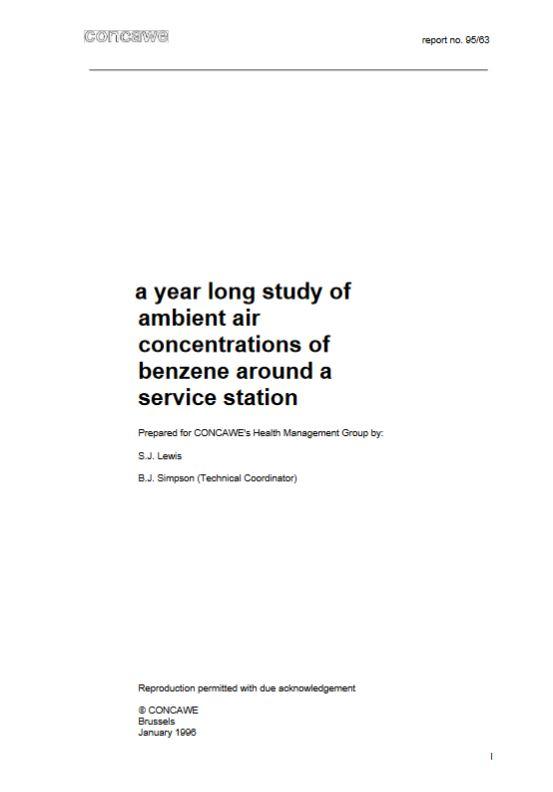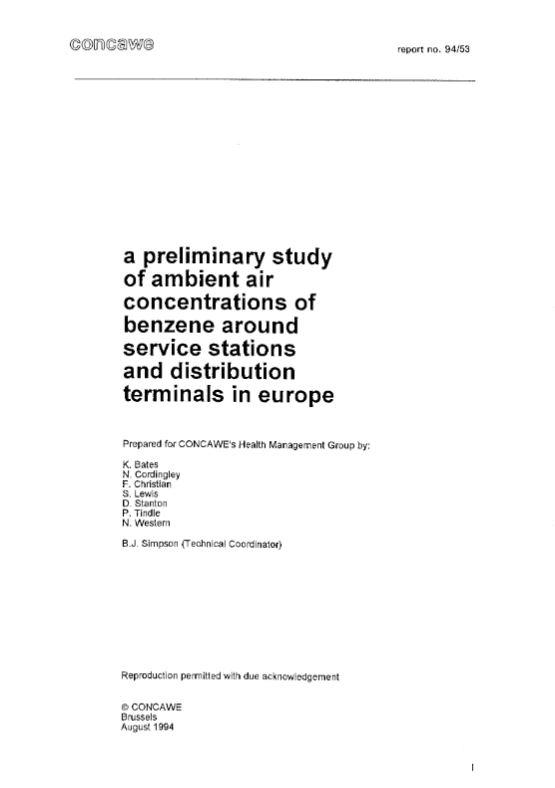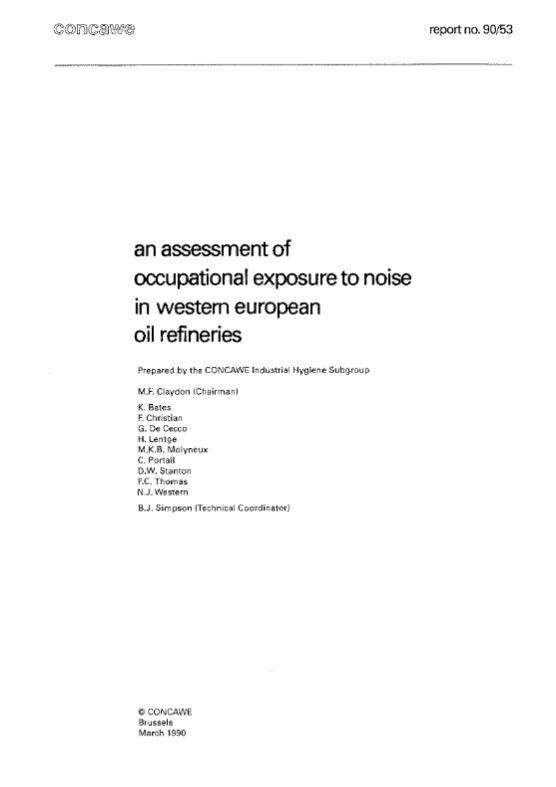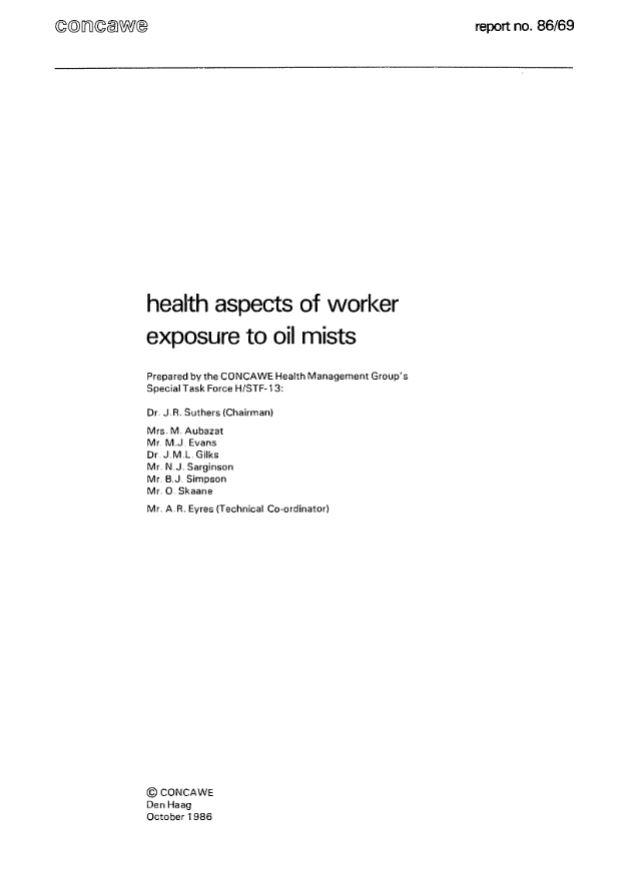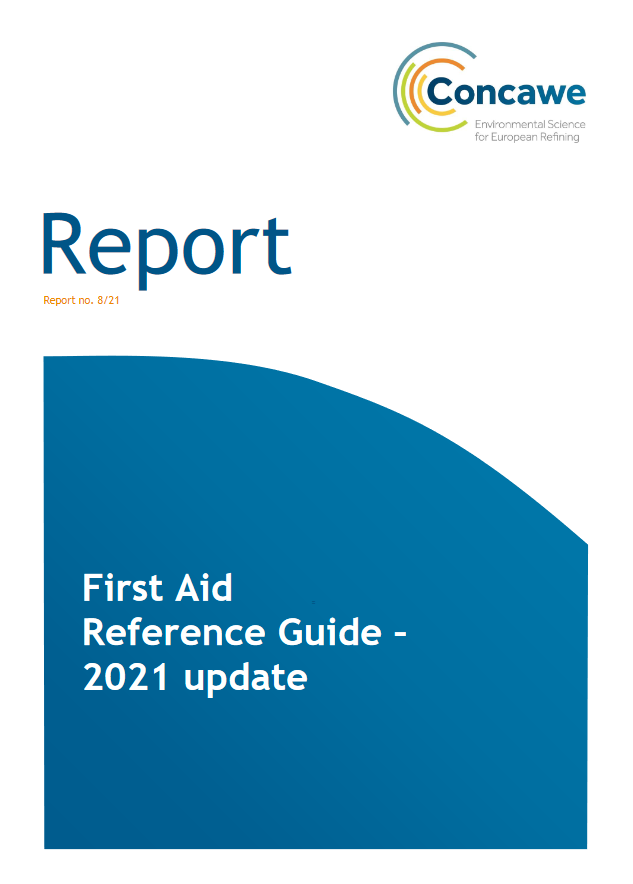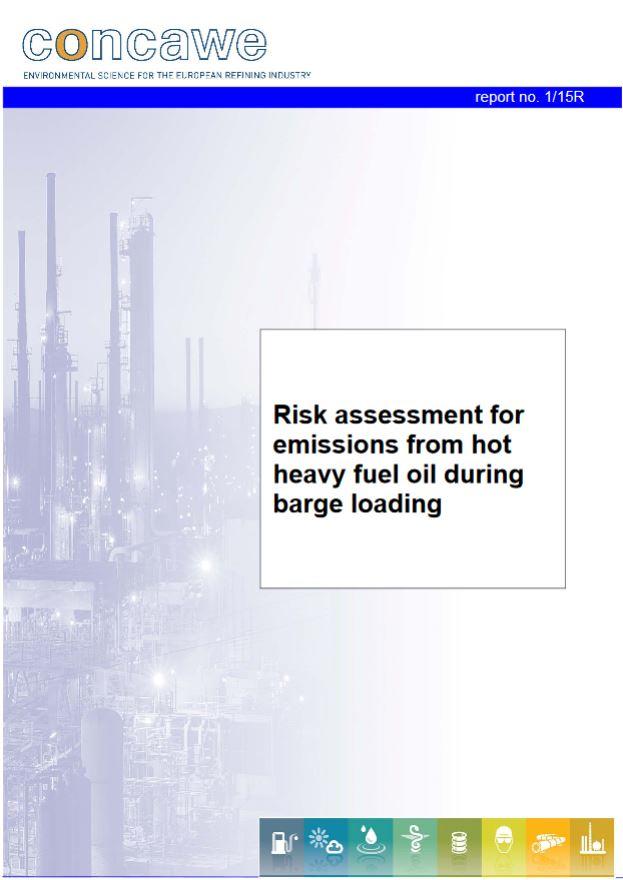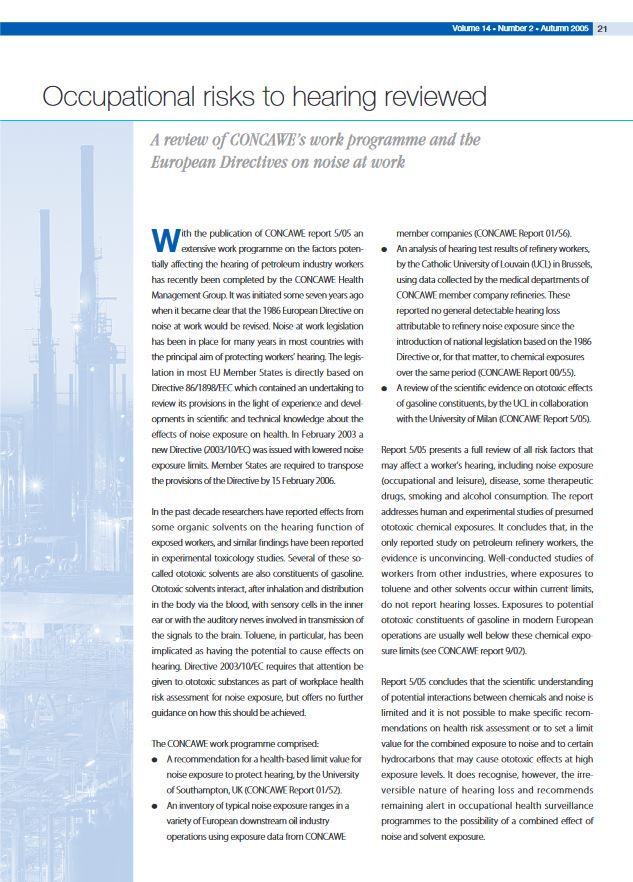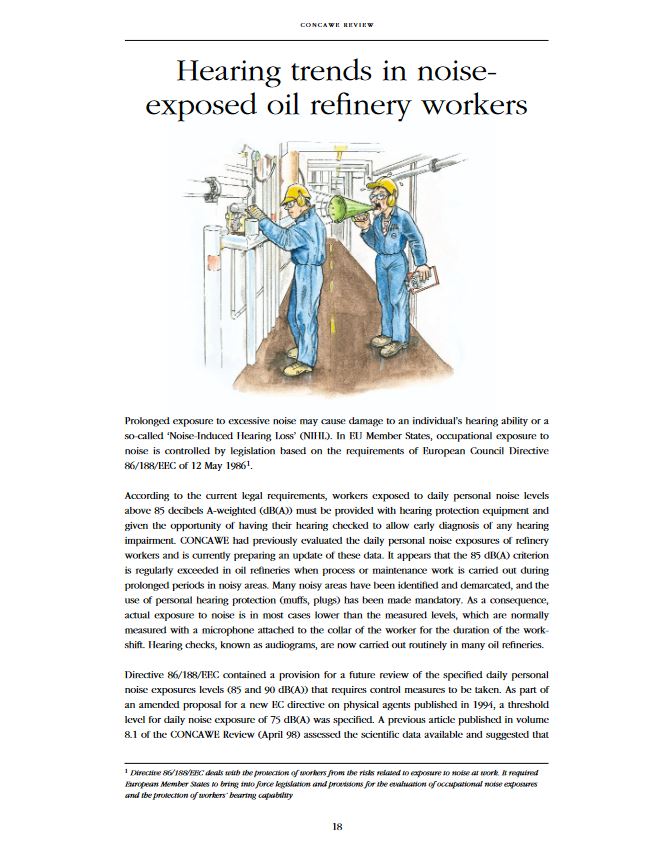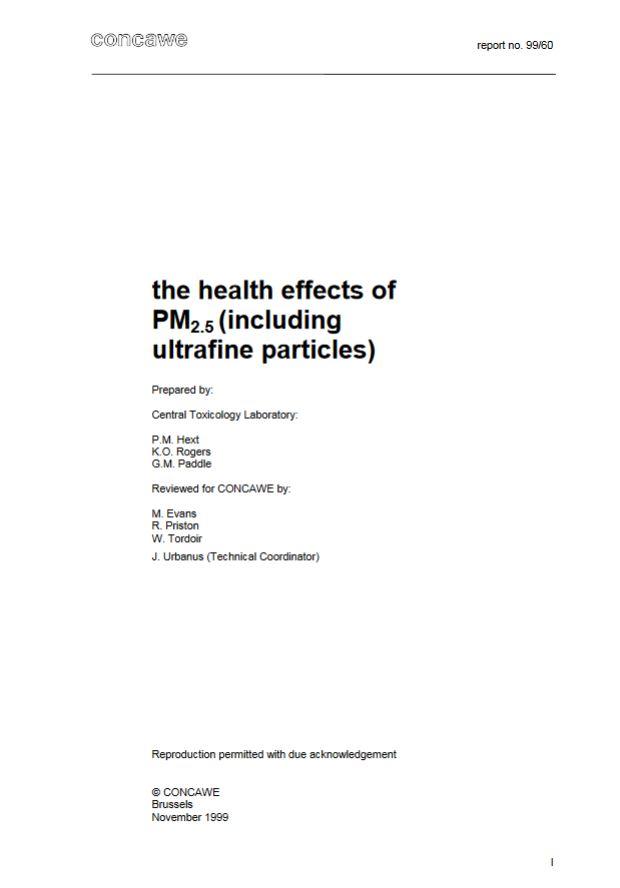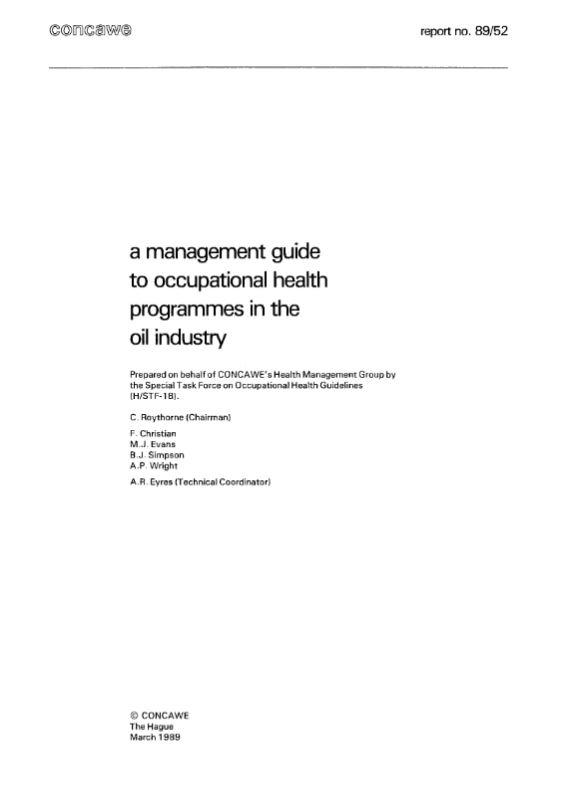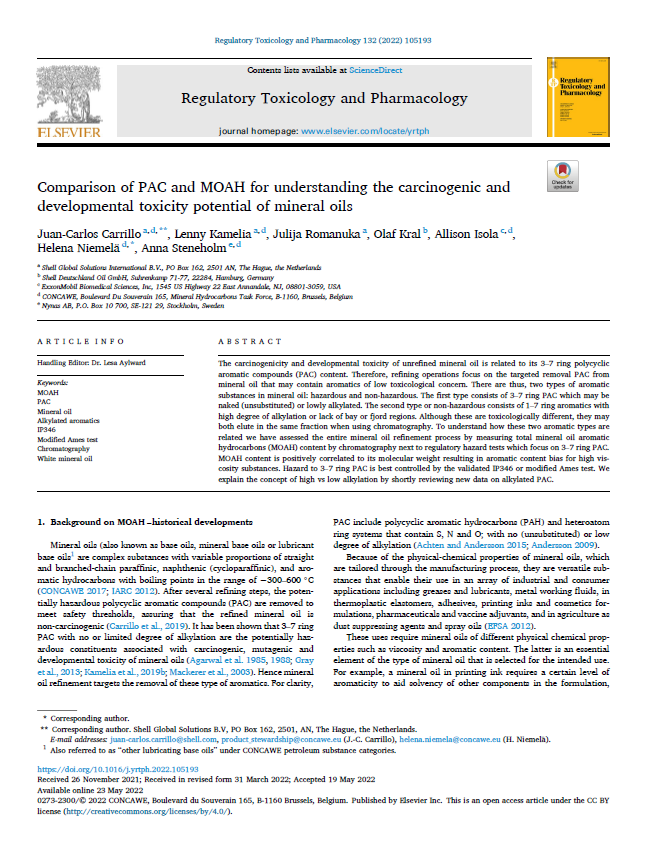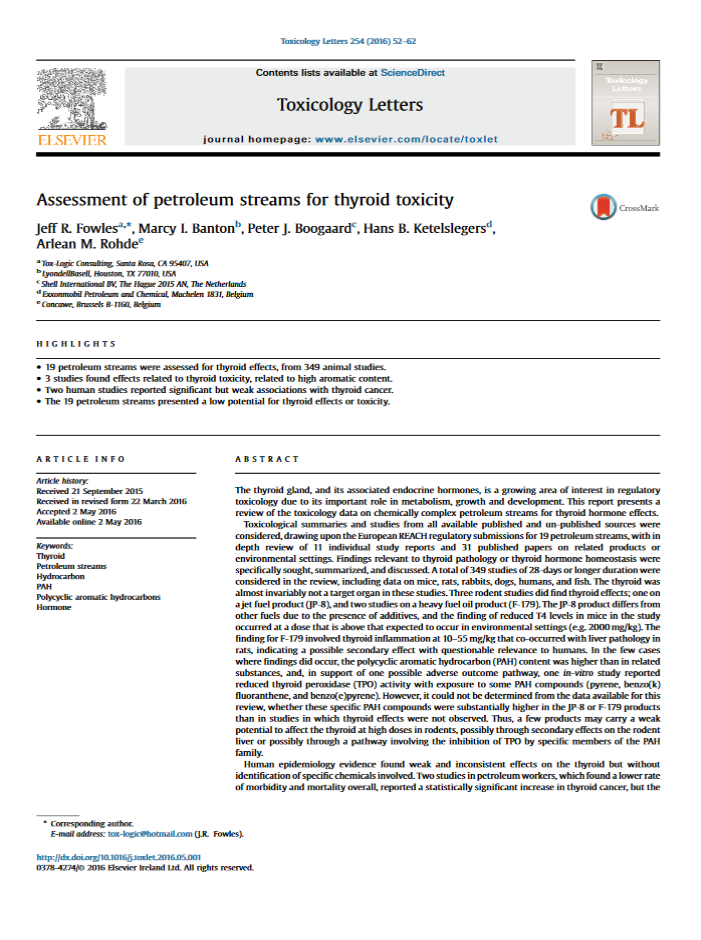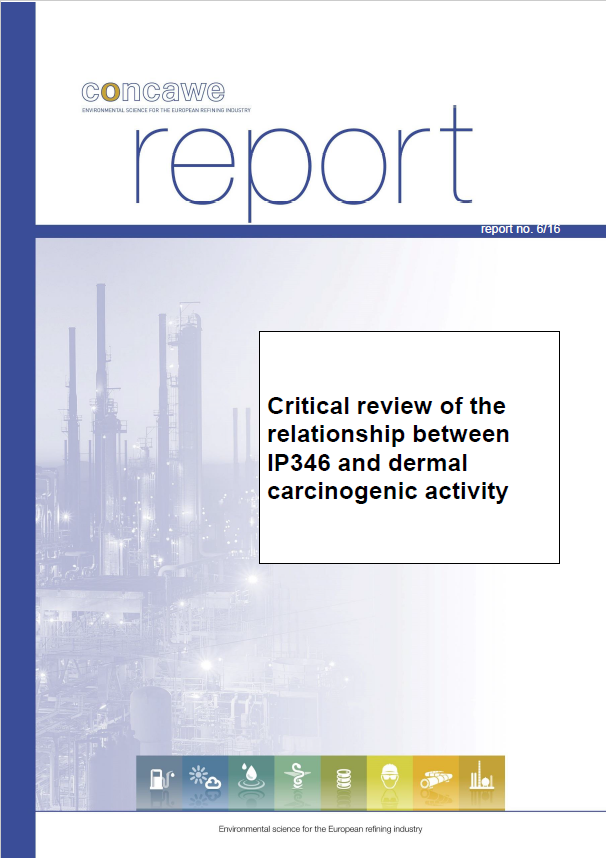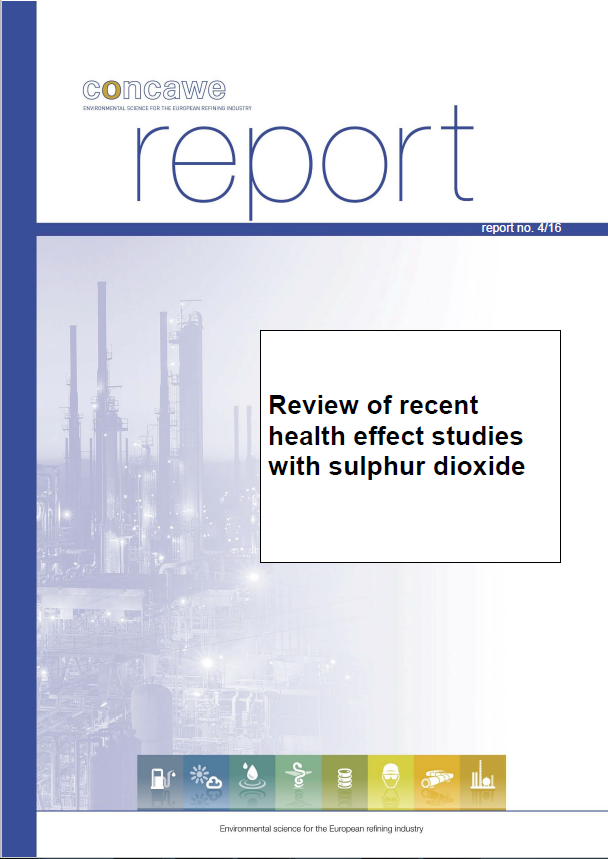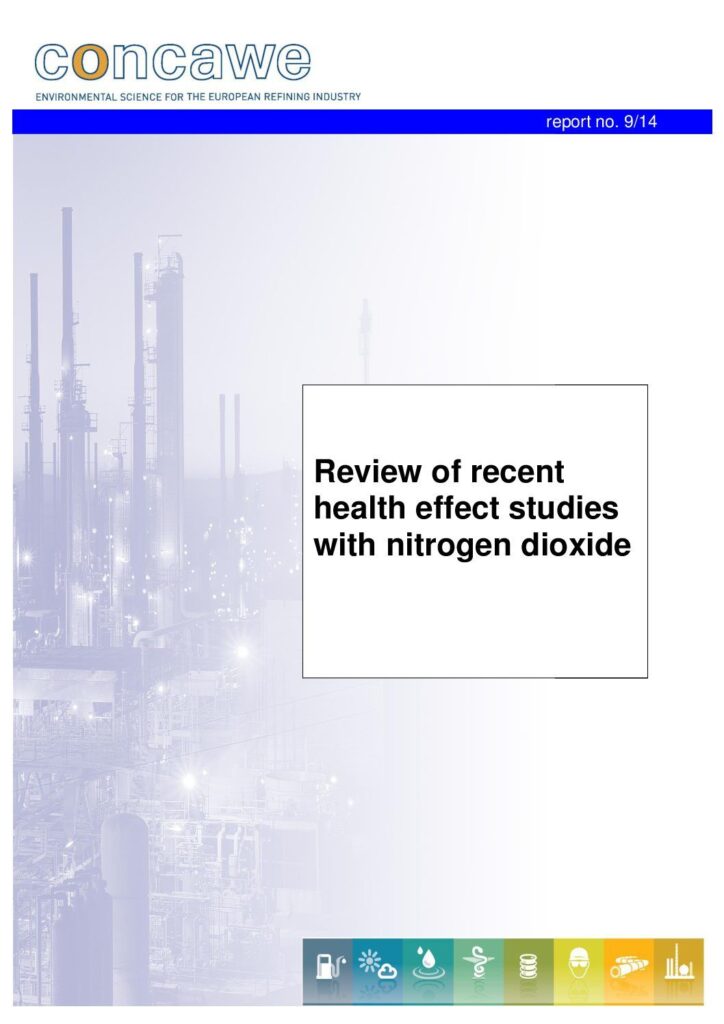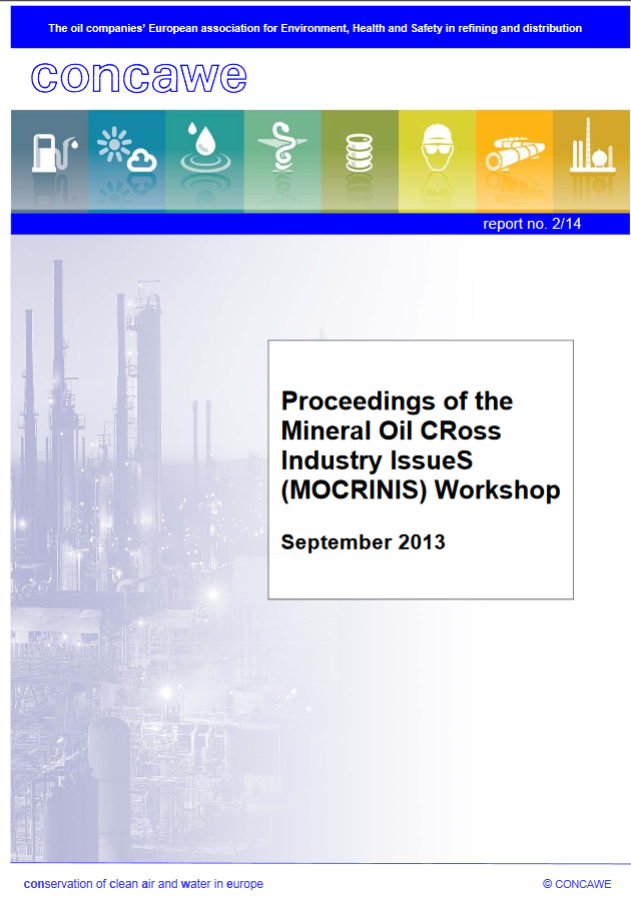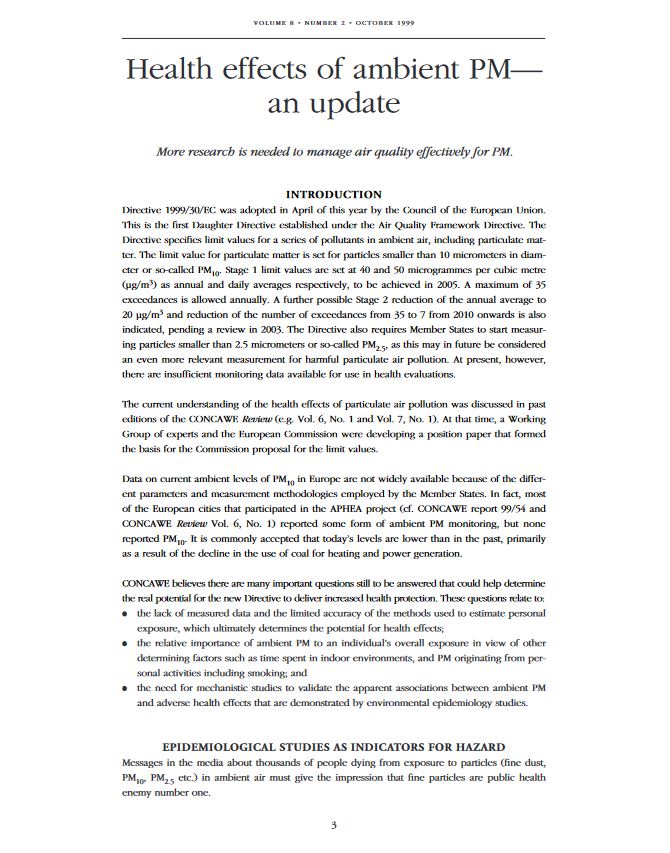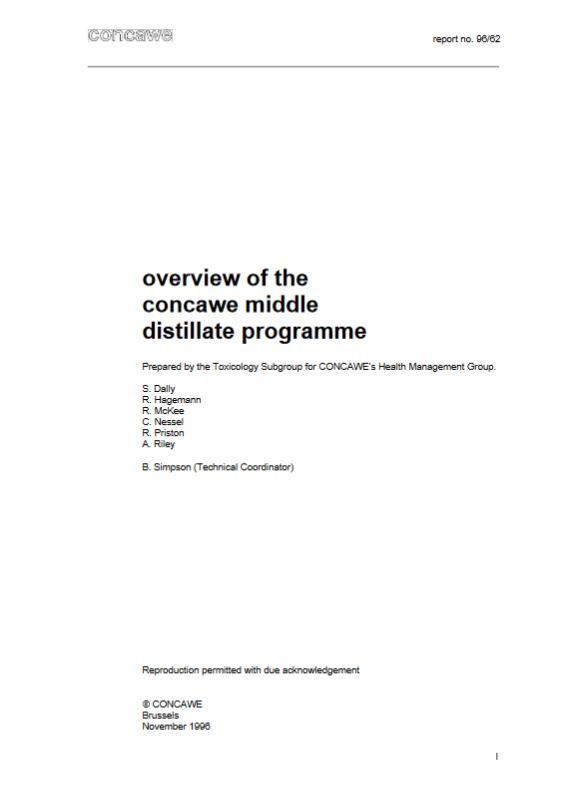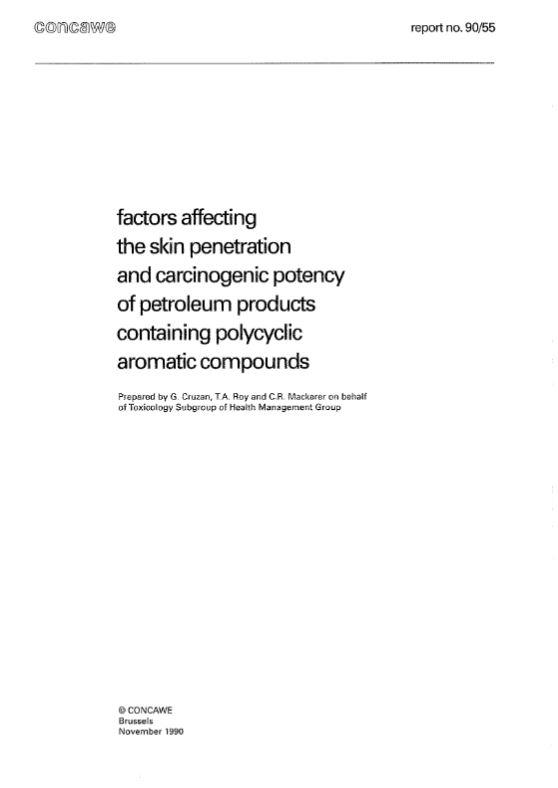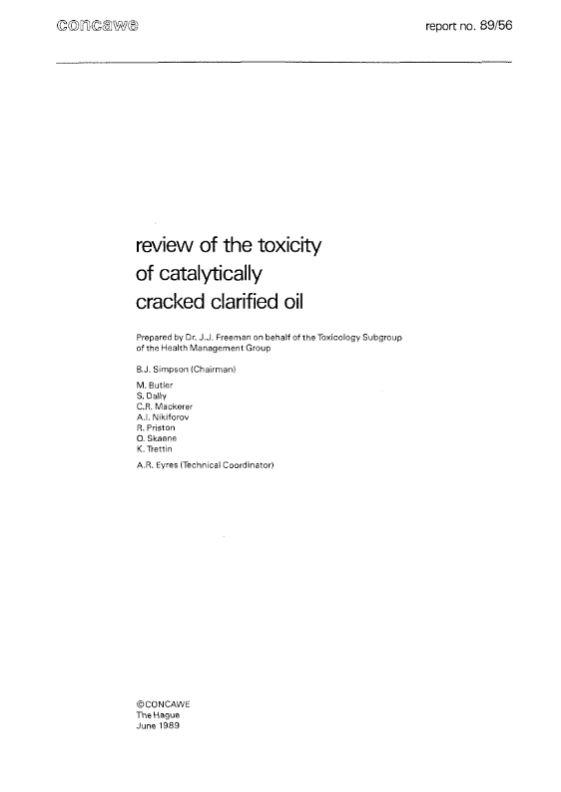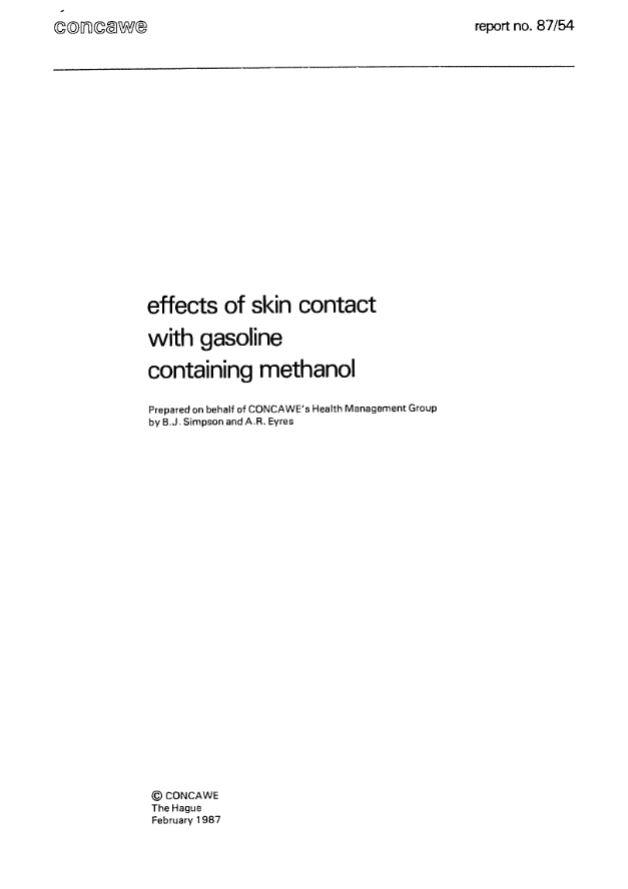Health Impact
In the early 1960s, Concawe initially focused on effective occupational health management. Concawe was instrumental in defining the underlying principles and best practices that now form the basis for the industry’s global refining and distribution operations. Concawe then broadened the scope of its activities to include other health topics such as the impacts of air pollution on public health, consumer safety and legislative chemical and health-related initiatives including EU REACH compliance.
Legislation is more effective when integrating sound science, which requires thorough technical and scientific knowledge. It is only through the understanding of the biological effects of potentially harmful substances and the type of exposures to them, that it is possible to understand any effect that might arise at very low exposures.
Concawe, with the help of multiple experts from its Member Companies, brings together great expertise in several key disciplines, including toxicology, occupational health and exposure assessment. Toxicology encompasses the collection, processing and evaluation of epidemiological as well as experimental toxicological data to permit science-based decisions directed towards the protection of human health against potentially harmful effects of products. Occupational health deals with all aspects of health and safety in the workplace and has a strong focus on the primary prevention of hazards. Exposure assessment is the multi-disciplinary field that identifies and characterizes exposures, develops estimates of exposure, and evaluates the significance of exposures and the effectiveness of intervention strategies to reduce and control risk associated with exposure to potentially harmful products.
In support of these aims, Concawe works with the scientific community, regulators and other stakeholders to identify research efforts that will contribute to increasing the knowledge and the safe use of petroleum substances, and commissions own high-quality research projects to contribute to the development of health-related science. Our studies also focus on the appropriate introduction and implementation of new-approach-methodologies (NAMs), to further reduce the need for experimental animal testing.
Upcoming Events
Past Events

15th Concawe Symposium – Ambient air quality: Experiences, actions and future commitments at city level

15th Symposium – Apportionment & modelling: the right way to address the air quality issue

